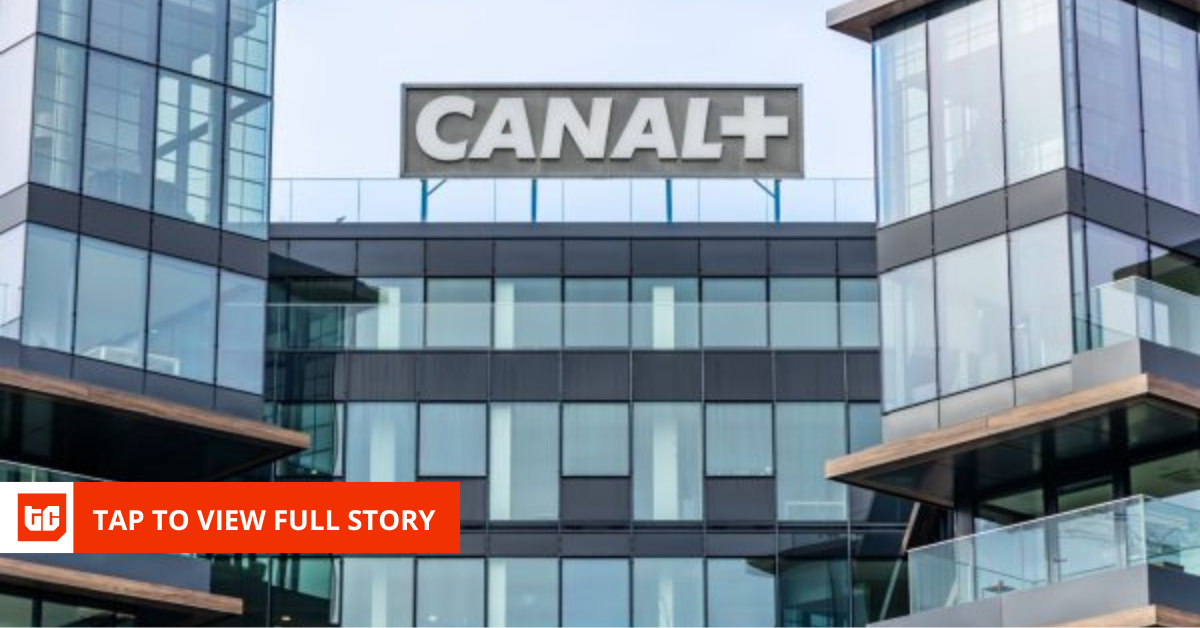Canal+ Faces Potential Investigation for Demanding Over 20% Discounts from MultiChoice Suppliers

Shortly after completing its acquisition of MultiChoice, the French media conglomerate Canal+ is already initiating significant changes within South Africa’s broadcasting landscape, creating tension among suppliers and minority investors.
According to reports, Canal+ has imposed a mandatory 20% reduction on all invoices submitted by MultiChoice’s vendors. This discount demand spans a wide range of service providers, including office suppliers, production companies, and newly contracted firms, reflecting a broad directive aimed at cutting costs from Canal+’s central management.
Sources reveal that while discussions are ongoing, payments to these suppliers have been temporarily halted, causing uncertainty within the industry.
This development comes on the heels of Canal+’s full acquisition of Africa’s leading pay-TV operator, now operating under the name Canal+ Africa. Despite the combined entity boasting a subscriber base exceeding 40 million across the continent, MultiChoice has struggled financially over the last two fiscal years. The company has faced declining subscriber numbers, financial setbacks, and increasing competition alongside challenging economic conditions. Notably, it lost approximately 2.8 million active linear subscribers-an 8% drop year-over-year-equally divided between South Africa and other African markets.
MultiChoice currently works with over 3,200 independent service providers, many of which are small to medium-sized businesses. The enforced discount threatens to destabilize these partnerships and further compress already narrow profit margins.
Canal+ has yet to issue an official statement regarding these reports.
The Competition Commission, which granted conditional approval for Canal+’s takeover in May 2025, is now reviewing whether the French company’s recent actions violate the stipulated public-interest conditions, especially those designed to safeguard small enterprises and historically disadvantaged suppliers.
“We are investigating these claims under the Competition Act 89 of 1998, as amended, to determine if there has been a breach of the merger approval conditions,” stated Siyabulela Makunga, spokesperson for the Commission. “Should the allegations prove accurate, appropriate penalties will be recommended in accordance with the Act.”
Peter Takaendesa, Chief Investment Officer at Mergence, commented, “While aggressive cost-cutting is expected in such mergers, Canal+ will encounter both operational and regulatory challenges as it attempts to alter established payment terms and supplier agreements.”
Minority Shareholders Face Forced Buyout
Alongside suppliers feeling the financial pinch, minority shareholders are also under pressure.
On October 24, Canal+ issued a formal Notice of Compulsory Acquisition, signaling its intent to purchase all remaining MultiChoice shares not yet surrendered during the buyout phase. This action, executed under Section 124(1) of South Africa’s Companies Act, empowers Canal+ to compel remaining shareholders to sell, thereby finalizing its complete ownership.
Following this, MultiChoice will be removed from listings on the Johannesburg Stock Exchange (JSE) and A2X, becoming a fully owned subsidiary of Canal+. This acquisition represents Canal+’s largest to date, granting it control over a broadcasting network serving 14 million customers across Africa.
During the acquisition process, industry experts voiced concerns about potential threats to media independence, the livelihoods of local content creators, and consumer choice. However, the repercussions are now extending beyond these areas, impacting suppliers and shareholders alike.
Jamiel Carim, Partner at Africa International Advisors, a management consultancy, highlighted the operational complexities Canal+ will face post-merger. “The integration will involve overcoming divergent corporate cultures, incompatible technology platforms, infrastructure deficiencies, and currency exchange risks,” Carim explained. “These issues are intricate and costly to resolve.”







Leave a Reply